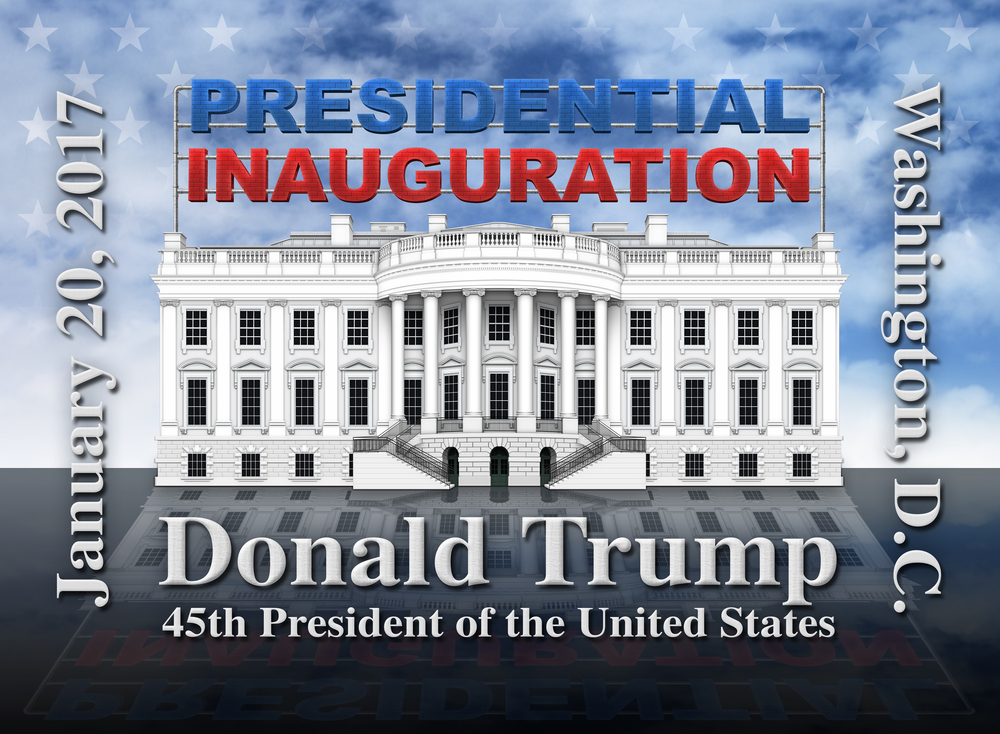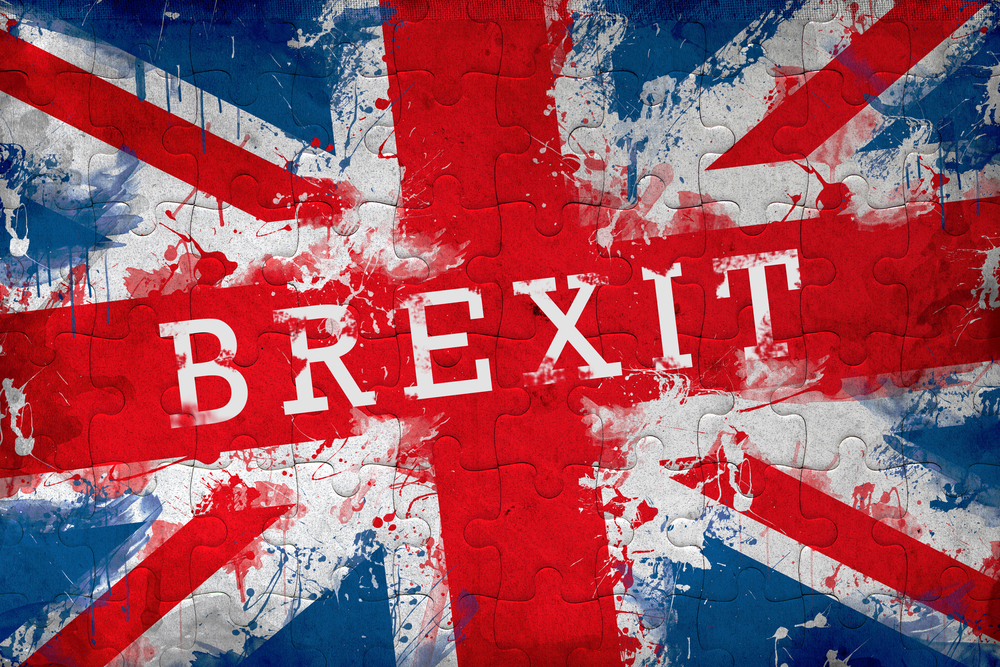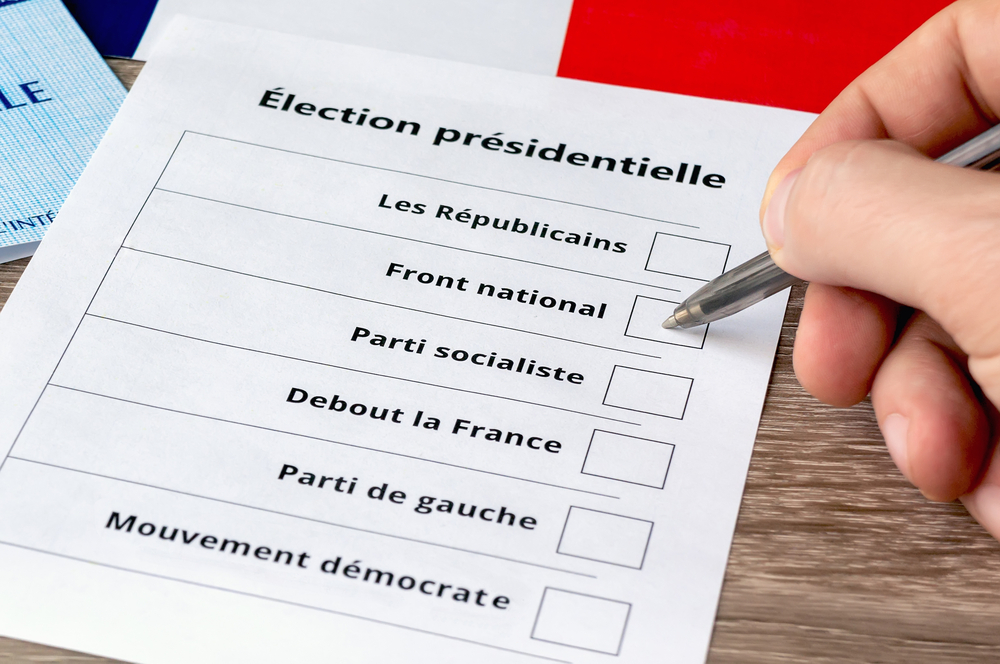
Last year wasn’t particularly enjoyable for most of us. It’s hard to make the year of Bowie’s death worse, yet somehow as a planet we managed it. But, 2017 is a new start, so what does the future hold for higher education?
Brexit
 In the confusing and messy remnants of the EU referendum, we at least now know what colours Brexit will be available in. When (and if) Britain announces a coherent, cohesive plan for withdrawing from the EU, the effect on the nation’s higher education system is likely to be serious. The country has already seen a decline in the number of EU students applying for places, and the uncertainty of the withdrawal process could see those numbers drop even further this year.
In the confusing and messy remnants of the EU referendum, we at least now know what colours Brexit will be available in. When (and if) Britain announces a coherent, cohesive plan for withdrawing from the EU, the effect on the nation’s higher education system is likely to be serious. The country has already seen a decline in the number of EU students applying for places, and the uncertainty of the withdrawal process could see those numbers drop even further this year.
Once Britain has withdrawn, unless a new agreement is made, EU students will be charged international fees and will become ineligible for loans. This will undoubtedly dissuade many, potentially damaging the income of the sector and the diversity of the campuses.
For British students, opportunities to study in the EU could also become more difficult, as could participation on European projects. A recent EU decision to let Switzerland re-enter Horizon 2020 only came about after the country allowed full free-movement rights to people from the EU and EEA. This suggests that the border controls the UK government is pushing for will restrict UK access to such projects.
Trump
 Trump’s election set off alarm bells across higher education, with a majority of voices in the sector supporting his democratic opponent. Though he hasn’t discussed many education-based policies so far, it’s likely his term will see some major changes.
Trump’s election set off alarm bells across higher education, with a majority of voices in the sector supporting his democratic opponent. Though he hasn’t discussed many education-based policies so far, it’s likely his term will see some major changes.
Obama’s presidency saw some radical alterations to US higher education. The expansion of federal loan programs, flexible repayments and a reduction of private lenders enabled many students from less-privileged backgrounds to access a university education. The Obama administration also imposed regulation on private for-profit institutions, stopping them from selling low-quality education to naive students. It is likely that Trump will undo much of this.
Trump is pro-privatisation, meaning that government involvement in student loans could be halted or at least restricted – hitting those without money the hardest. He has also suggested forcing universities to participate in loan risk, so if a student defaults on repayments the institution would be at least partially responsible for collecting the money. This would essentially turn universities into money lenders and debt collectors, not the sort of image you expect from an education provider. Not only that, but it could discourage institutions from admitting high-risk students, often the most in need.
A reduction in inbound mobility is also on the cards, with many international students suggesting they would be disinclined to study in the US under Trump. In fact, this seems to be occurring already. This could be good news for Canada and other English-speaking destinations, which may see an upsurge in popularity as a result. Trump’s call for a blanket ban on all Muslims entering the US, whilst incredibly unlikely to be implemented, would be bad news for many of the major institutions who rely on funds from Middle-Eastern international students.
Additionally, it’s likely Trump will repeal other bills brought in under the Obama administration, including those aimed at tackling sexual assault on campuses, and helping undocumented immigrants access education and contribute to life in the US.
European elections
 There could be major political change across Europe this year, with national elections taking place in a number of countries. The predominant issue is the stability of the European Union; if more countries withdraw it could spell the end of freedom of movement in the bloc.
There could be major political change across Europe this year, with national elections taking place in a number of countries. The predominant issue is the stability of the European Union; if more countries withdraw it could spell the end of freedom of movement in the bloc.
The Netherlands, France and Germany all have key elections, and in each country a far-right candidate is contending. All these far-right candidates are Eurosceptics, and if elected would probably attempt to pull their countries out of the union, in addition to other, more worrying, policies.
In the Netherlands, the controversial leader of the Party for Freedom, Geer Wilders, is currently polling in the lead (although if pollsters mirror their 2016 performance that won’t be a major concern). Wilders has proposed banning the Qur’an, taxing headscarves and forbidding the construction of mosques, and he’s in favour of leaving the EU (nauseatingly known as ‘Nexit’).
In France, far-right leader of the National Front Marine Le Pen is one of the two presidential candidates. She has a strong stance on immigration, declaring France “full”. She has criticised multiculturalism and is in favour of leaving the EU, although her election currently appears unlikely.
 In Germany, Angela Merkel is running for a fourth term as Chancellor. Despite it looking likely that she will gain a majority, the far-right Alternative für Deutschland party will also probably win a number of seats, which in itself could cause a significant political shift in the nation.
In Germany, Angela Merkel is running for a fourth term as Chancellor. Despite it looking likely that she will gain a majority, the far-right Alternative für Deutschland party will also probably win a number of seats, which in itself could cause a significant political shift in the nation.
Should any of these candidates or political parties come to power, it could spell the beginning of the end for the EU. The resulting effect on higher education in the region would be momentous, with many research projects, partnerships and exchanges reliant on the bloc’s freedom of movement and pooled resources.
It looks like the drama of 2016 was only a warm up for this year.



